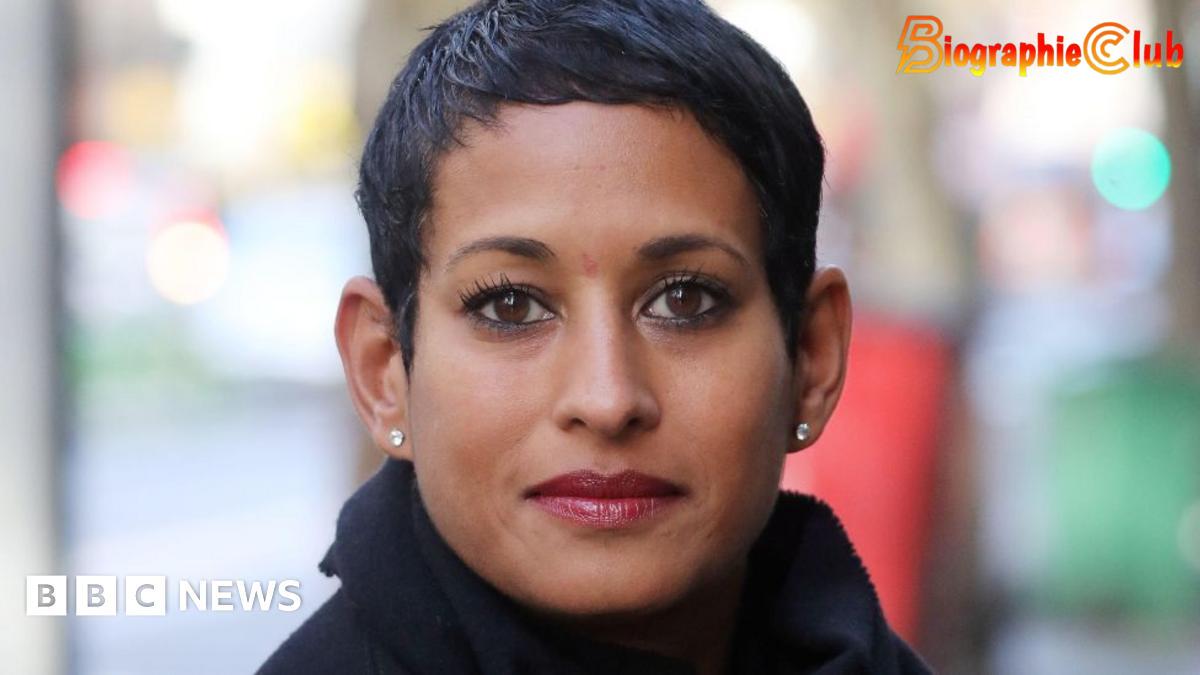Naga Munchetty, the well-known BBC Breakfast presenter, is speaking out after discovering that scammers have been using her picture in fake advertisements on social media. This unsettling situation highlights the dangerous world of online fraud where public figures are increasingly becoming targets.
Uncovering the Fraud
Naga stumbled upon these fraudulent ads while browsing social media platforms like X (formerly Twitter) and Facebook. To her shock, she found manipulated images of herself linked to ads that led to fake news articles pretending to be from the BBC. The scam was not just a minor annoyance; it aimed at tricking people into thinking they were engaging with legitimate news, which made Naga feel “mortified and bemused.” She immediately reported this troubling situation to her production team at 5 Live.
How the Scam Works
The scammers created a web of deception that seemed almost convincing. They used altered images of Naga Munchetty and crafted fake articles that mimicked trustworthy news sources. These adverts sought to ensnare unsuspecting viewers into participating in fraudulent schemes, possibly involving financial scams disguised as investment opportunities.
Naga’s Response to the Incident
Upon discovering this alarming trend, Naga and her team sprang into action. They worked closely with the BBC’s legal department to have the fraudulent content removed from social media. Despite these efforts, the scammers managed to exploit the BBC’s good name, leading many followers to become victims of their deceitful tactics.
Previous Experiences with Scammers
Naga’s experience isn’t an isolated incident. Other BBC presenters, including wildlife reporter Chris Packham, have also encountered similar schemes. These types of scams appear to be increasingly common, raising concerns about how easily scammers can hijack the identities of public figures to conduct fraudulent activities online.
Protecting Yourself from Online Scams
The rise of such scams serves as a cautionary tale for everyone, especially young internet users who might be more vulnerable. Here are some tips to help you avoid falling for similar scams:
- Always verify the source of information before clicking on any links.
- Be cautious of ads that seem too good to be true.
- Report any suspicious activities to social media platforms immediately.
- Educate yourself and others about common online scams.
The importance of online safety cannot be overstated, especially as fraudulent activities become more sophisticated. Public figures like Naga Munchetty are speaking out, raising awareness so that others can avoid the same fate.
Naga Munchetty Inspires Others
Through this ordeal, Naga has shown resilience and determination to protect herself and her fans from such scams. She highlights an important message: never underestimate the power of awareness and education. As she continues to share updates about this incident, she encourages others to stay informed and vigilant.
As her story unfolds, it serves as not just a reminder of the potential dangers lurking online but also a catalyst for discussions on how social media platforms can better protect their users. While Naga’s situation is unfortunate, her response exemplifies strength and the importance of standing up against deceit.

